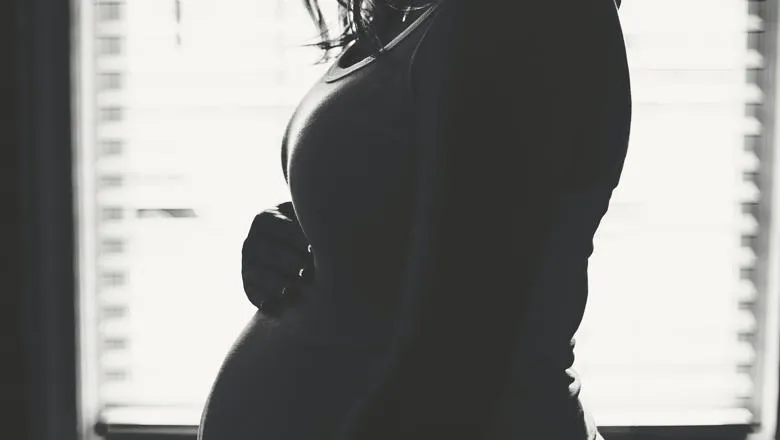The numbers of participants considering freebirth because they felt they had no other practical choice was surprising. This needs to be considered by maternity services when restricting or closing services, entry criteria to birth centres, and restrictions on birth partners and other people attending the birth. No-one should feel they have to give birth alone.
First author, Dr Mari Greenfield, ESRC Postdoctoral Fellow
04 March 2021
'Women felt they have no option but to give birth alone': the rise of freebirth during Covid-19
New research shows how changes to perinatal services during the COVID-19 pandemic impacted pregnant women during the first UK lockdown.

Covid-19 has had a significant effect on those expecting a baby with 14 different sets of national guidance issued within one month of the first UK lockdown last year. Individual NHS Trusts released various guidance relating to the withdrawal of homebirth services, the closure of birth centres, restrictions on birth partners allowed during labour, and whether any visitors were allowed to attend after birth. With the landscape of maternity care changing so rapidly, a research team led by Dr Mari Greenfield started to investigate the impact of these changes on expectant families.
In April 2020, the researchers surveyed 1,700 people who were either pregnant, their partner was pregnant, or parents who had a baby since the beginning of lockdown, with striking findings. Of the 1,700 participants, 72 (4%) said they had seriously considered freebirth without a medical professional present and only 1 (.05%) of those had considered freebirth before Covid-19. These figures indicate a considerable increase compared to pre-covid times when all home births (with or without a medical professional) were at 2% in England and Wales; a trend that has remained consistent for over the decade according to the Office for National Statistics.
The study also highlighted that lesbian, bisexual and pansexual women were more likely to consider freebirth and in the next stages of their study, they will be delving deeper into the experiences of LGBTQ+ study participants more fully. They have also recently been awarded a Workshop Development grant from The Society for Reproductive and Infant Psychology to begin exploring LGBTQ+ experiences of traumatic birth.
For many families, the effects of a traumatic birth can go on well beyond labour and the study has shown a high level of postnatal anxiety amongst women who had given birth.
Our research will continue to explore postnatal anxiety and these insights will be useful for healthcare professionals and policymakers when planning perinatal mental health provision as we emerge from lockdown.
Dr Mari Greenfield
Acknowledgements
The authors are grateful to Dr Gavin Brookes (Lancaster University) for his assistance with the Corpus Linguistics analysis, and to Dr Natalie Nicholls (University of Glasgow) for her statistical analysis support.
We extend our thanks also to Professor Jane Sandall (King’s College London), Professor Susan Bewley (King’s College London), Mary Newburn (King’s College London), Dr Zoe Darwin (University of Huddersfield), Emma Ashworth (Association for Improvements in Maternity Services), Maria Booker (Birthrights) and Dr Claire Feeley (The Practicing Midwife) for their assistance in conceptualizing the research.
Funding
This project formed part of the first author’s Fellowship research, funded by the ESRC and was also supported by the National Institute for Health Research (NIHR) Applied Research Collaboration South London (NIHR ARC South London) at King’s College Hospital NHS Foundation Trust. The views expressed are those of the authors and not necessarily those of the NIHR or the Department of Health and Social Care

